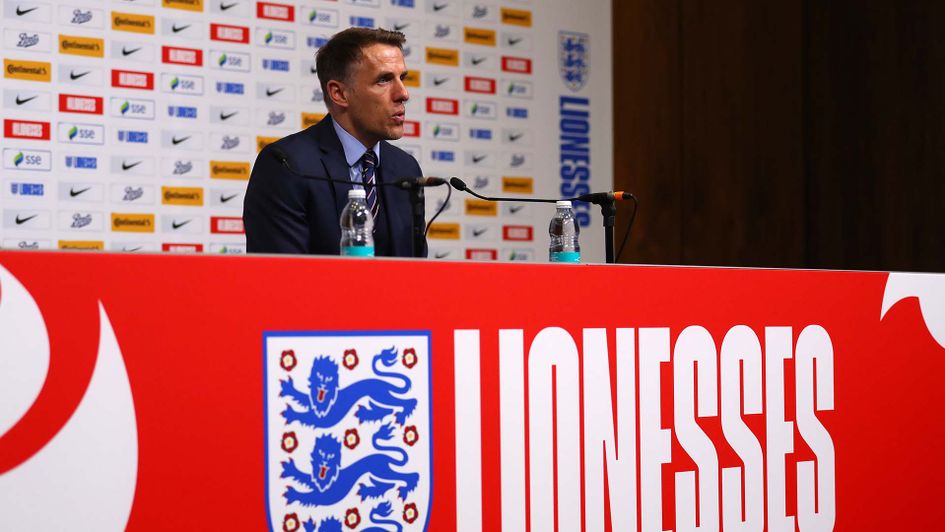The eighth FIFA Women's World Cup takes place in France in the coming weeks, starting on June 7.
Here is a look at some talking points related to the month-long showpiece.
England to better their bronze?
The profile of women's football in England could be taken to a whole new level this summer as the Lionesses bid to win a first World Cup title - and they are among the favourites to be crowned champions.
Confidence was boosted in March when they won the four-team SheBelieves Cup for the first time, just over a year in to Phil Neville's tenure as boss. England came third at the 2015 World Cup in Canada under Neville's predecessor Mark Sampson and a large contingent from that group are in the squad for France.
Scotland's bow
It promises to be some occasion in Nice on June 9 when England's campaign commences with a clash against Women's World Cup debutants Scotland. Certainly, the Scots will hope for an improvement on the previous meeting, when they were thrashed 6-0 in the sides' Euro 2017 opener.
Unlike then, they have the talismanic Kim Little fit, and their pre-tournament results have been encouraging - not least the 1-0 win against Brazil in April, sealed by Little's first-half goal. Boss Shelley Kerr has stated the target is to get out of Group D, which also features Japan and Argentina.
Other contenders
There will be big expectation in France on the United States, the defending champions, three-time winners and team currently topping the FIFA world rankings - in which England lie third and Scotland 20th. The US went unbeaten in 2018, winning 18 of 20 matches, before being defeated 3-1 in their opening fixture this year by this summer's hosts, who are ranked fourth.
Second spot in the rankings is occupied by Olympic champions Germany, the World Cup winners in 2003 and 2007. Japan, ranked seventh, won the 2011 edition and were the beaten finalists last time out, and Holland, one place below, are the reigning European champions.
Notable absentees
While it will be a star-studded affair this summer, some big names will not be involved, including the winner of last year's inaugural Ballon d'Or Feminin Ada Hegerberg. The 23-year-old striker, scorer of a hat-trick in Lyon's 4-1 Champions League final victory over Barcelona on May 18, is absent from Norway's squad having decided in 2017 to step away from the team, unhappy with the way women's football was being run in the country.
Denmark captain Pernille Harder, the Wolfsburg forward who was second in the Ballon d'Or, will also not take part, with the Euro 2017 runners-up having failed to qualify. Meanwhile, France boss Corinne Diacre has opted to leave out the 2018-19 Division 1 Feminine top-scorer, Paris St Germain's Marie-Antoinette Katoto.
VAR and prize money
The Video Assistant Referee (VAR) system was a considerable talking point as it made its debut at the men's World Cup in Russia last year, and in March FIFA confirmed it will be used at this tournament as well. In the build-up, the officials who will be in France have been working with the system at training events in Doha.
This Women's World Cup also has a prize fund that is double the Canada 2015 figure - FIFA announced last October that the 24 teams this time would share 30million US dollars (around £23.7m). FIFPro, the world professional footballers' association, reacted to the news by saying football was "even further from the goal of equality for all World Cup players regardless of gender."
The overall prize money pot for Russia 2018 was 400m US dollars (around £317m) between 32 teams, with winners France receiving 38m US dollars (around £30m).
